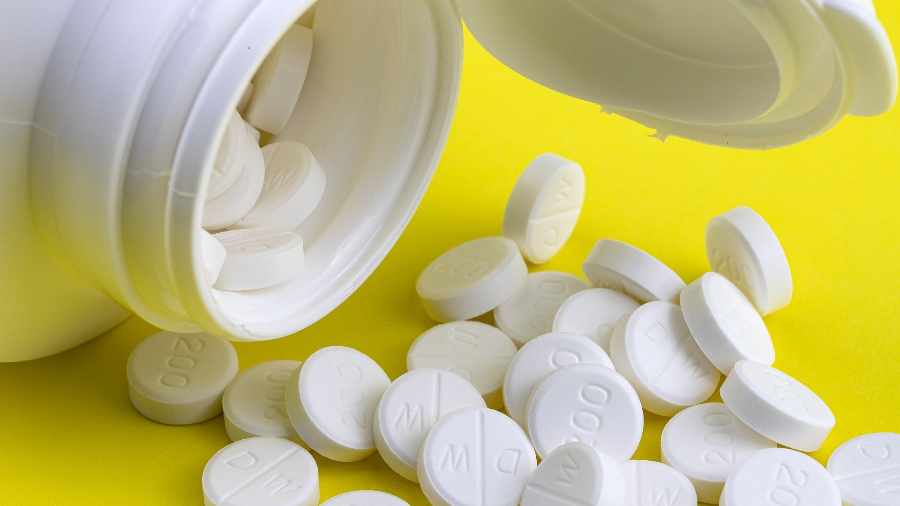
The Directorate-General for Medicines has stopped the sale of these drugs because they can be carcinogenic.
The National Directorate of Medicines (DNM) suspended the marketing and consumption of orally administered drugs containing the active substance ranitidine since early February.
Ranitidine has been used to treat heartburn conditions: heartburn, gastritis, peptic ulcer, esophageal reflux, among others.
The Executive Director of the DNM, Francisco Cortez Morales, in a memorandum dated February 2, 2021, informed the Secretary of Health, Francisco Alabí, that the decision was made as a result of both the U.S. Food and Drug Administration (FDA , for the abbreviation in English) and the European Medicines Agency (EMA, same case) have issued a health warning regarding this active principle.
According to Cortez Morales, the two organisms have found that under normal storage conditions, and even more so at high temperatures higher than those established by the manufacturer, the levels of N-Nitrosodimethylamine (NDMA) in ranitidine increase, increasing the risk of cancer in ranitidine increases. people who have been exposed to higher than acceptable levels of NDMA for a long period of time.
You Might Read: Drugs Purchased by the Government for Patients with COVID-19 Increase the Risk of Those With Heart Disease
The DNM not only reported that it has removed these drugs from the Over-the-Counter Drug List, but that it will also monitor their sales; It will also notify health professionals of the new provision so that they can offer their patients other therapeutic alternatives.

The DNM not only reported that it has removed these products from the List of over-the-counter medicines, but will also monitor their sales.
“It is not omitted to state that this measure does not affect the supply of medicines, as there are other medicines on the market with other active ingredients that have the same therapeutic indications, such as omeprazole, pantoprazole or lansoprasol; and H2 receptor antagonists, such as famotidine, ”noted the DNM.
Oncologist Raúl Lara said ranitidine “has been suspended by the FDA for some time because it showed a slight increase in certain cancer tumors in high and sustained doses.”
According to Lara, this drug has been easily replaced in other countries with others available in pharmacies and hospitals.
We recommend: the hopeful COVID-19 drug that would reduce mortality risk
For Dr. Carlos Ramos Hinds, the DNM’s measure is correct, “because it appears that insufficient storage could generate a compound that has been shown to be carcinogenic.”
Ramos Hinds explained that it was prescribed as an antacid to treat heartburn problems, and agreed that there are other options on the market.

With this measure they try, as indicated, to minimize the risk of exposure of the population to this component.
Doctor Ricardo Lara, a health professional, confirmed that the DNM note on the aforementioned drug is already beginning to be shared with health professionals, although he is not as convinced about the measure.
According to what was reported by the doctor, there is a fear that the population unaccustomed to being prescribed ranitidine for stomach problems will in the long run be abused of replacement drugs, which in the long term the institutions will provide them.

The drug has been used to treat problems such as gastritis, esophageal reflux, among others. The measure is to avoid the risk of cancer.

The DNM has released the guidelines to withdraw the drug